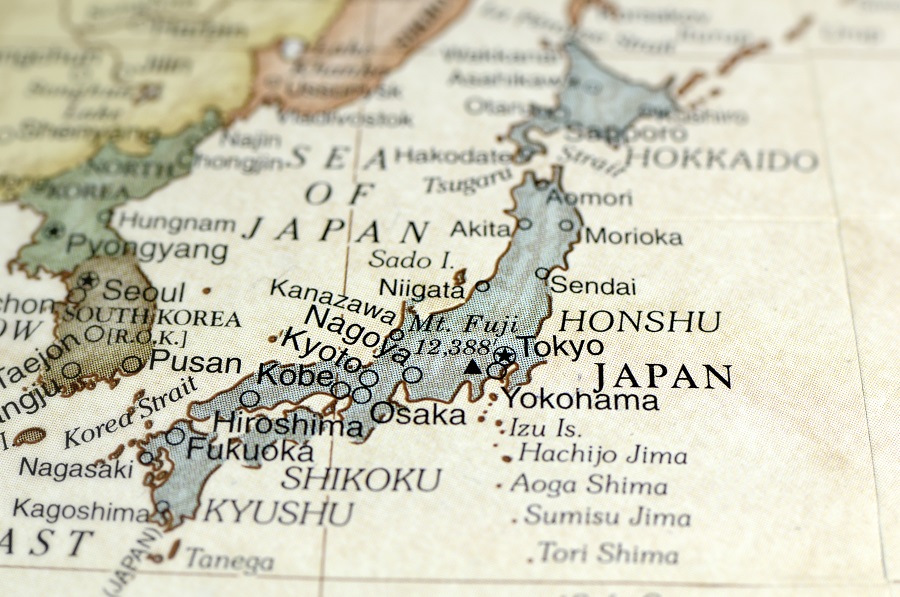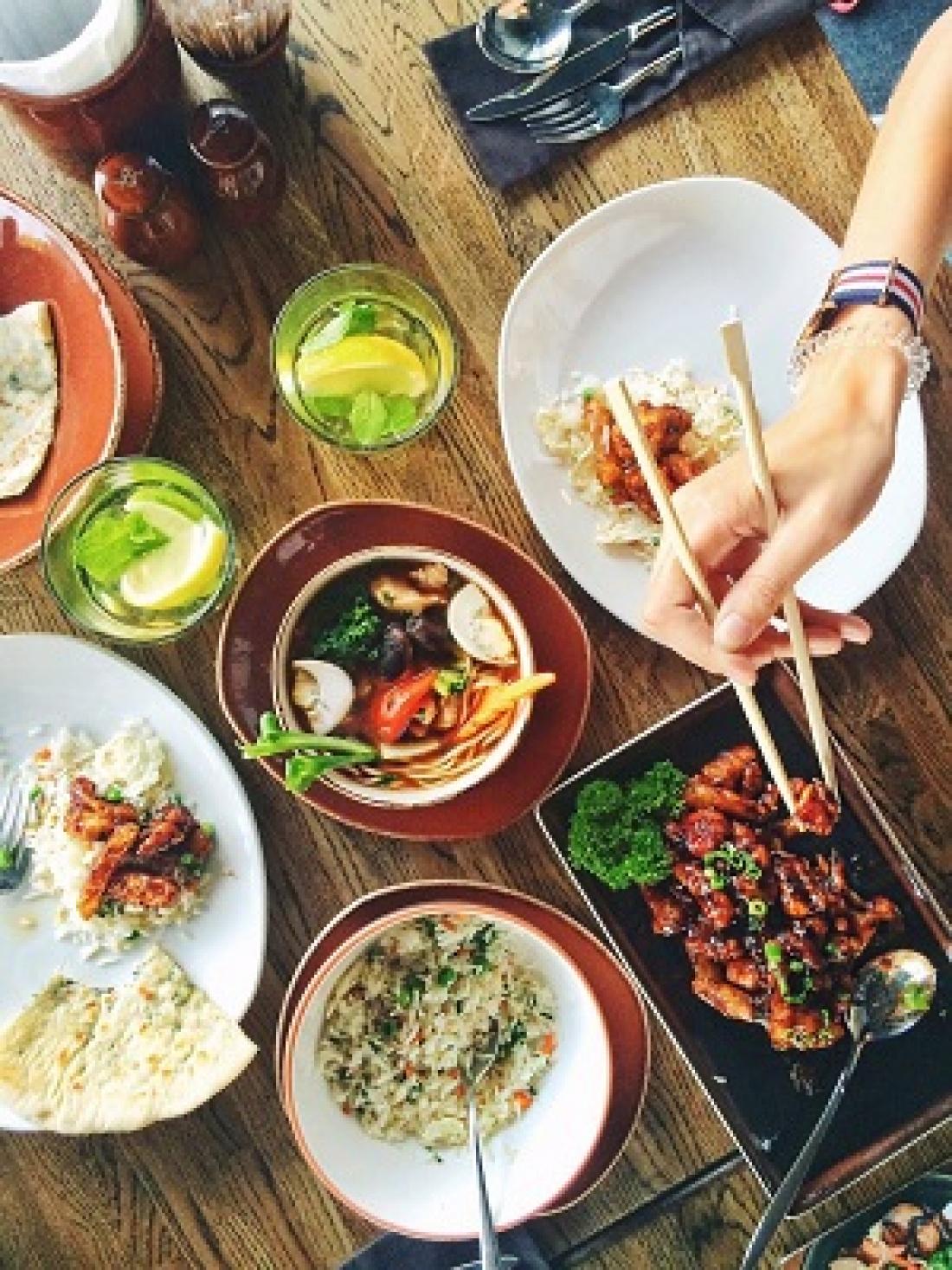6 Interesting Japanese Manners & Customs
Whether you are moving to Japan, have a business meeting, or a study program to attend there; you should be familiar with their customs.
After all, it is a polite gesture towards the locals when you are able to follow their customs without them interrupting you every time.
Do your proper homework, learn the common Japanese phrases as well as their customs and manners to get accustomed to early on.
If you are moving to Japan for a long time span, you should learn the language to impress the locals, the neighborhood, and what not. Find out how long does it take to learn Japanese, what are the common phrases, what is Keigo, etc. Besides the common rude gestures of honking and pointing fingers, there are a lot of interesting ones too.
Below are some Japanese customs that you SHOULD be familiar with to appear polite:
- Pouring and Tipping Rules
In Japan, you are expected to pour drinks for everyone but for yourself. Anyone else will do the favor to you. At gatherings, don’t just immediately gulp down the drink; rather wait for someone who would make a speech, gesture to raise all drinks, and yells ‘kampai!’ (cheers).
In restaurants, slurping sound while having noodles is considered kind. However, tipping the waiters is more embarrassing for them than appreciated.
- Slippers or No slippers
Usually, homes, hotels, and businesses have a rack where you can place your shoes before entering. A pair of guest slippers is available or you may take your indoor slippers to avoid the mess. However, keep in mind that bathroom slippers must be removed before reentering the rooms. Otherwise, it is considered rude and ill-mannered.
- Never Slam a Door
Slamming a taxi door is looked down on and can freak the drivers out. Most of the taxis come with automatic doors that save you from the trouble of opening and closing the doors and accidentally slamming them.
- Tetra-phobia—4 is Unlucky
As no. 13 is considered unlucky in the west; similarly, the number ‘four’ is considered ominous and a word for death among Japanese. Elevators mostly have a missing 'four' number, and, in some cases, floor numbers such as 40 to 49 are entirely skipped. So, keep this interesting fact in mind as well.
- Conformity over Individualism
In general, Japanese believe in group work rather than individualism. It is disliked if someone is disagreeing or non-cooperative. Individual qualities are definitely appreciated and perfectly fitted in the group.
- Learn to Use Chopsticks
Using chopsticks is a bit tricky but it is one way to easily connect with the locals. You should not use your chopstick to cut or stab the food. Sticking the chopsticks upright into the food is considered similar to funeral traditions. Therefore, be really careful with the chopsticks. Avoid playing with them as they have your saliva on them and it would be impolite if a mishap happened.
Of course, culture is always changing, and you will find that some of these rules don't apply in certain groups. These customs are only a way to give some polite and literate gestures to the locals. When a foreigner visits us, we may feel uncomfortable if they do certain gestures that are considered threatening or inappropriate among our society. So, why not know it all?
About the Author:
Lara Smith has worked for Wall Street English for 20 years. After studying at Stanford University and subsequently doing a CELTA course, she began her career in teaching. She is obsessed with languages and currently writes blogs at The Mimic Method.




